Posted on 12/24/2023
.jpeg)
Your car occasionally throws curveballs that leave you scratching your head. It's like your four-wheeled friend has a secret language, communicating its woes in the form of peculiar quirks. Today, our team of techs will share seven uncommon and rare car problems, unraveling the mysteries they hold and understanding what they truly mean for your beloved vehicle. 1. The Phantom Stench Ever caught a whiff of rotten eggs wafting from your car? No, it's not a hidden Easter egg. This foul odor often indicates a malfunction in your catalytic converter. The culprit? A possible issue with the fuel system or a failing catalytic converter itself. A visit to the mechanic is in order to put a lid on this unpleasant aroma. 2. Shaky Steering Wheel If your steering wheel has developed a sudden shake, it might be more than just a quirky performance. This shimmy could be a symptom of misaligned wheels, unbalanced tires, or even worn-out suspension ... read more
Posted on 11/28/2023
.jpeg)
The notion that more cylinders equate to greater engine power has long been a prevalent belief. Yet, beneath the surface of this widely held assumption lies a complex interplay of factors that demand a closer examination. Join us as we delve into the heart of this intriguing debate, empathizing with the curiosity it sparks and unraveling the nuanced relationship between cylinder count and engine power, ultimately demystifying this age-old belief. Understanding Engine Displacement While it's true that, in general, a higher cylinder count can lead to increased engine displacement, this alone does not necessarily guarantee a proportional increase in power. Engine displacement refers to the total volume of air and fuel that can be drawn into the engine du ... read more
Posted on 10/27/2023
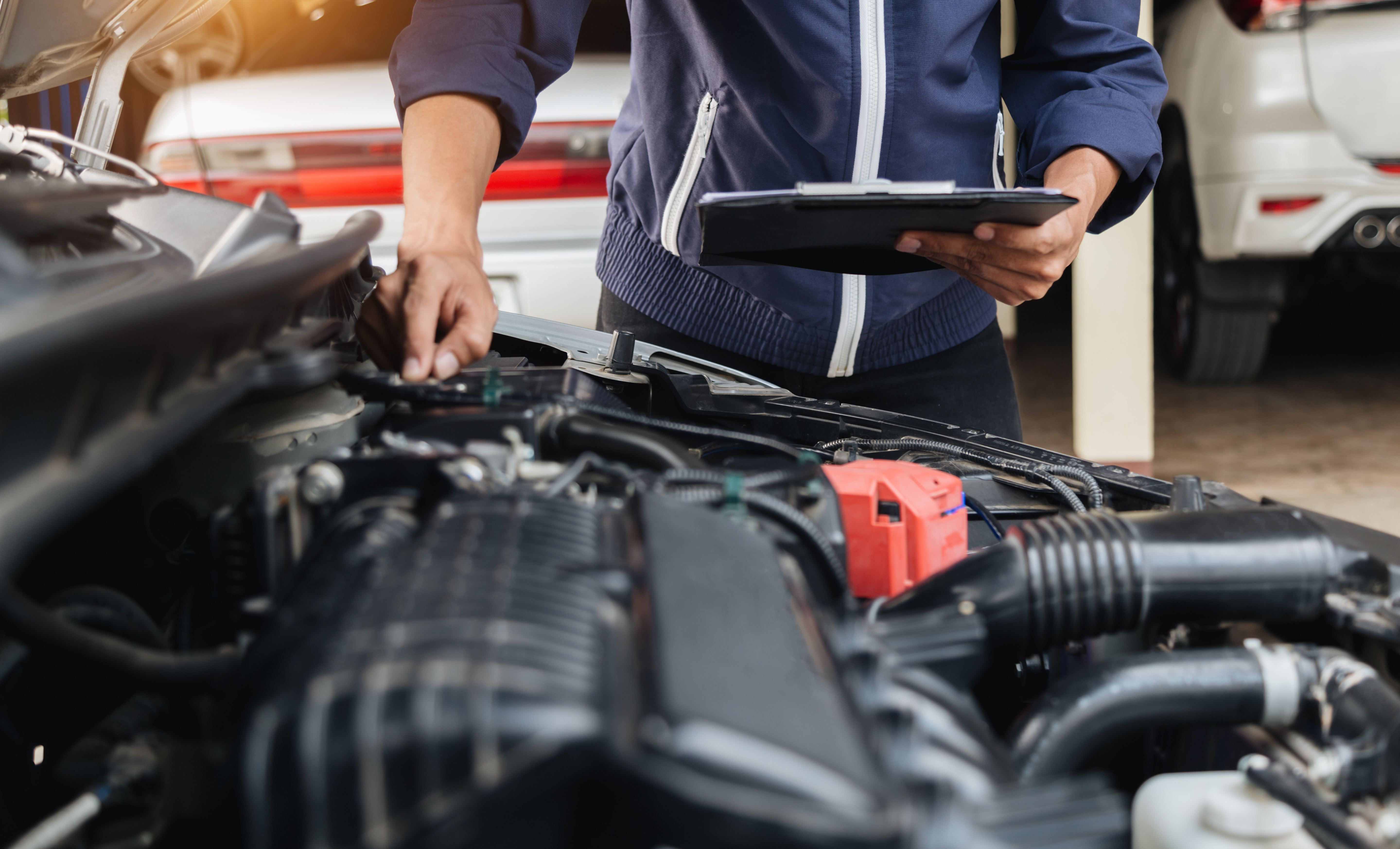
As a car enthusiast, you understand the importance of caring for your vehicle. Beyond regular maintenance, there are specific vehicle parts and system inspections that should be at the top of your checklist. While the inspection can end simply by completing the eye and computed diagnosis, it still has a big effect in the long run. 1. Brake System Inspection Your vehicle's brakes are its most critical safety feature, and neglecting them can have dire consequences. Regularly inspecting the brake system is essential to ensure it functions optimally. Here's what you should check: Brake Pads: Examine the thickness of your brake pads. If they're worn down to 3mm or less, it's time to replace them. Brake Fluid: Check the brake fluid level and condition. Brake fluid should be clear and free from contaminants. Low fluid levels or dirty fluid can compromise braking efficiency. Brake Lines and Hoses: Look for ... read more
Posted on 9/29/2023
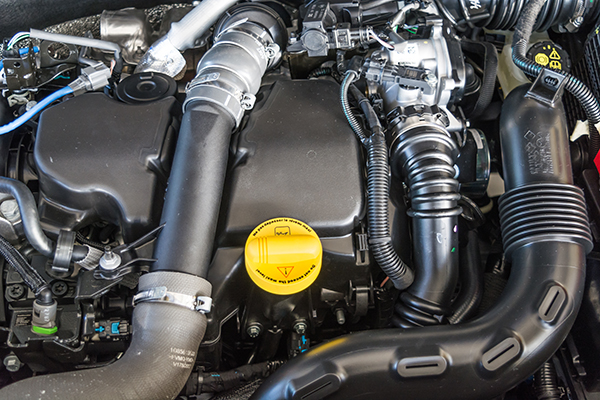
When it comes to car maintenance, we often focus on big-ticket items like oil changes and brake checks. But what about the unsung heroes hidden under the hood, like your car's hoses? These seemingly small components play a vital role in your vehicle's health and overall performance. Why Are Car Hoses Important? Before we dive into the importance of hose inspections, let's understand the role they play in your vehicle: Coolant Hoses: Temperature Control Coolant hoses circulate engine coolant through your car's engine and radiator - more specifically, they connect each part and transfer the fluid between them. They help regulate the engine's temperature, preventing it from overheating. A malfunctioning coolant hose can lead to engine overheating, which can cause severe damage. Fuel Hoses: Fuel Delivery Fuel hoses transport ga ... read more
Posted on 8/30/2023
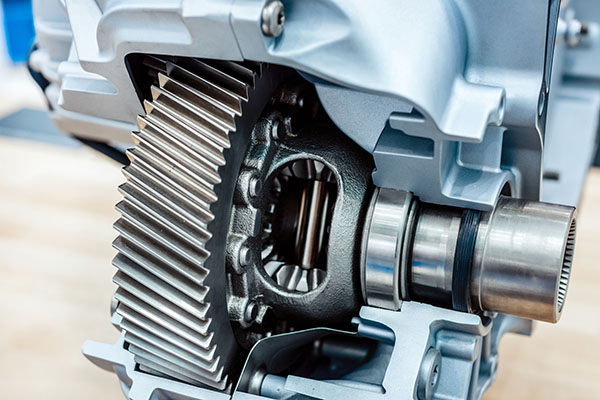
Your vehicle's differential is the unsung hero that ensures smooth turns and optimal power distribution between wheels. To keep it running like a well-oiled machine, quite literally, regular maintenance is key. Changing the differential oil might sound like a daunting task, but with the right tools, a bit of know-how, and some elbow grease, you can tackle this DIY project at home! Tools and Materials You'll Need: Jack and Jack stands Wrenches and sockets Drain pan Funnel Differential oil (check your vehicle's manual for specifications) Safety gloves and goggles Step 1: Preparation and Safety Safety first! Park your vehicle on a level surface and engage the parking brake. For extra security, place wheel chocks behind the front and rear wheels. Put on your safet ... read more
Posted on 7/28/2023

As temperatures rise during the summer months, so does the strain on your vehicle's engine. The scorching heat can pose unique challenges and potentially affect the performance and longevity of your engine. In today's blog, we will explore how the summer heat impacts your engine and engine oil, highlighting the importance of proper maintenance and care to ensure optimal performance and avoid costly repairs. Increased Operating Temperatures Hot weather significantly increases the operating temperatures of your engine. The combination of ambient heat and the internal combustion process generates higher temperatures under the hood. Extended exposure to high temperatures can put additional stress on engine components, potentially leading to accelerated wear and an increased risk of overheating. Engine Oil Thinning Engine oil plays a critical role in lubricating engine components and reducing friction. However, excessive ... read more
Posted on 6/29/2023
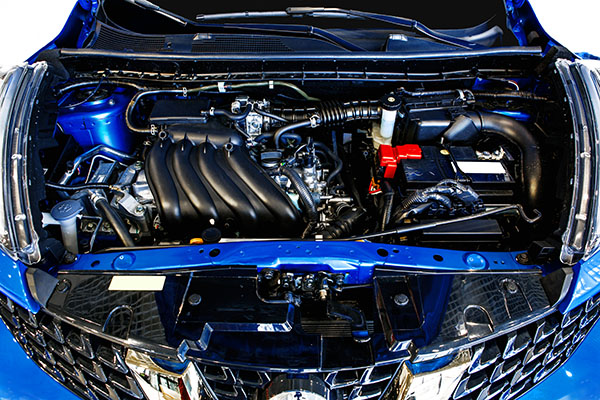
While many car owners focus on keeping the exterior of their vehicles clean and shiny, keeping everything maintained under the hood is equally important. The engine bay is the heart of your car, and proper care and cleaning are crucial for its longevity and optimal performance. Wondering how you can achieve this? Simply follow these seven steps and the results will ensure a long-lasting and good-looking engine bay. Safety First: Preparation is Key Before you begin, ensure your engine is cool to the touch to prevent burns. Park your vehicle in a well-ventilated area and cover sensitive components such as the alternator, fuse box, and exposed wiring with plastic bags or waterproof covers. Disconnect the battery or cover the terminals to avoid electrical mishaps. Start with Dry Cleaning Begin by removing loose debris and dirt from the engine bay. Use a soft-bristled brush or compressed air to gently brush away dust, leaves, and dirt from the surfaces ... read more
Posted on 5/31/2023
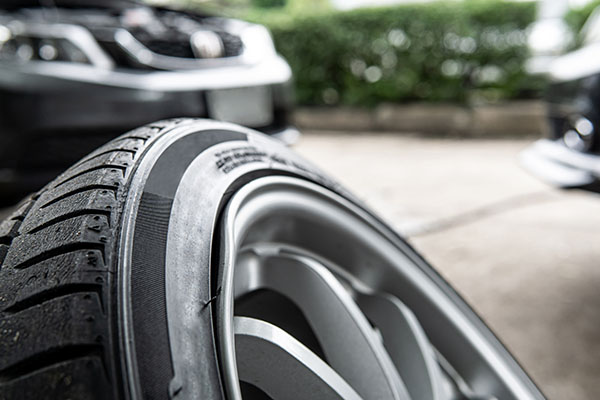
Changing a tire is an essential skill that every driver should know. Whether you’re on a long road trip or just driving around town, getting a flat tire can be a major inconvenience. Knowing how to change a tire can save you time and money, and it can also help keep you safe on the road. To change a tire, you’ll need a few tools and some basic knowledge of the process. Here’s what you’ll need: Spare tire Jack stand Lug wrench Wheel chock (optional) Once you have these tools, you’re ready to get started. Here are the steps to follow: Find a safe location to change the tire. Make sure you’re on level ground and away from traffic. Use the lug wrench to loosen the lug nuts on the flat tire - don't completely loosen them. Use the jack to lift the car off the ground but make sure the jack is positioned correctly under the car at the designated points. Remove the lug nuts and take off the flat tire; you can put it under the car in case the car ... read more
Posted on 4/11/2023
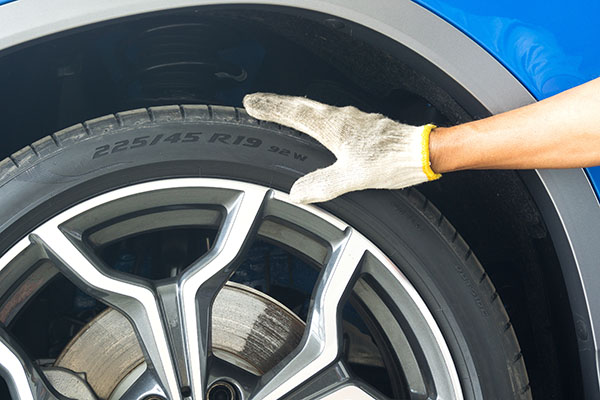
Maintaining proper tire pressure is essential for the safety and performance of your vehicle - incorrect tire pressure can adversely affect your car's handling, fuel efficiency, and tire lifespan. Do you want to learn more about tire pressure? If so, continue reading to find out how to check your tire pressure, why it's important, and what happens when you neglect it. Let's start with what you need and how to properly measure the pressure: Tire pressure gauge Portable air compressor Check What The Recommended Pressure Is Consult your vehicle's owner's manual or the sticker on the driver's side door frame for the manufacturer's recommended tire pressure specific to your vehicle. Test The Current Pressure Of The Tire Park your vehicle on a level surface, remove the valve cap from one tire, and firmly press the tire pressure gauge onto the valve stem. Take note of the reading. Repeat this process for all four tires ... read more
Posted on 3/30/2023
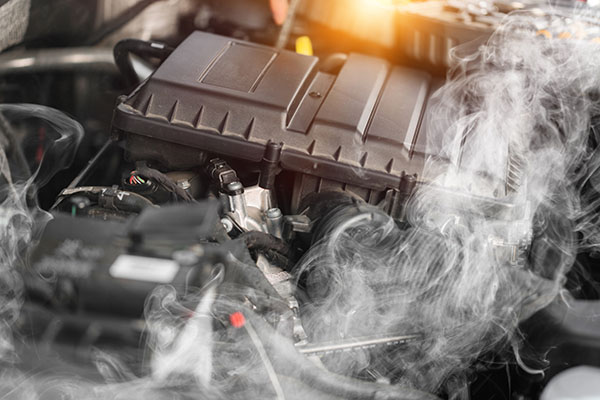
The thing that keeps your engine from overheating or even blowing up is the cooling system. It's a closed loop with liquid that goes through your engine block and transfers the heat toward the cooler. Now that you know how important this system is, we will give you five warning signs to look out for. Overheating Engines overheat if not cooled sufficiently. This results in a whole lot of other problems down the road, including the engine blowing up. This mainly happens when coolant is low or completely gone. You can spot this problem with the engine temperature markers. A/C Problems Your A/C is connected to the cooling system because it heats the air with its help. When coolant is leaking or evaporating, this process becomes slower and can completely stop. Make sure to visit a repair shop if you notice any problems with your AC - it might save you money in the long run. Check Engine Light Is On The check engine light is your b ... read more